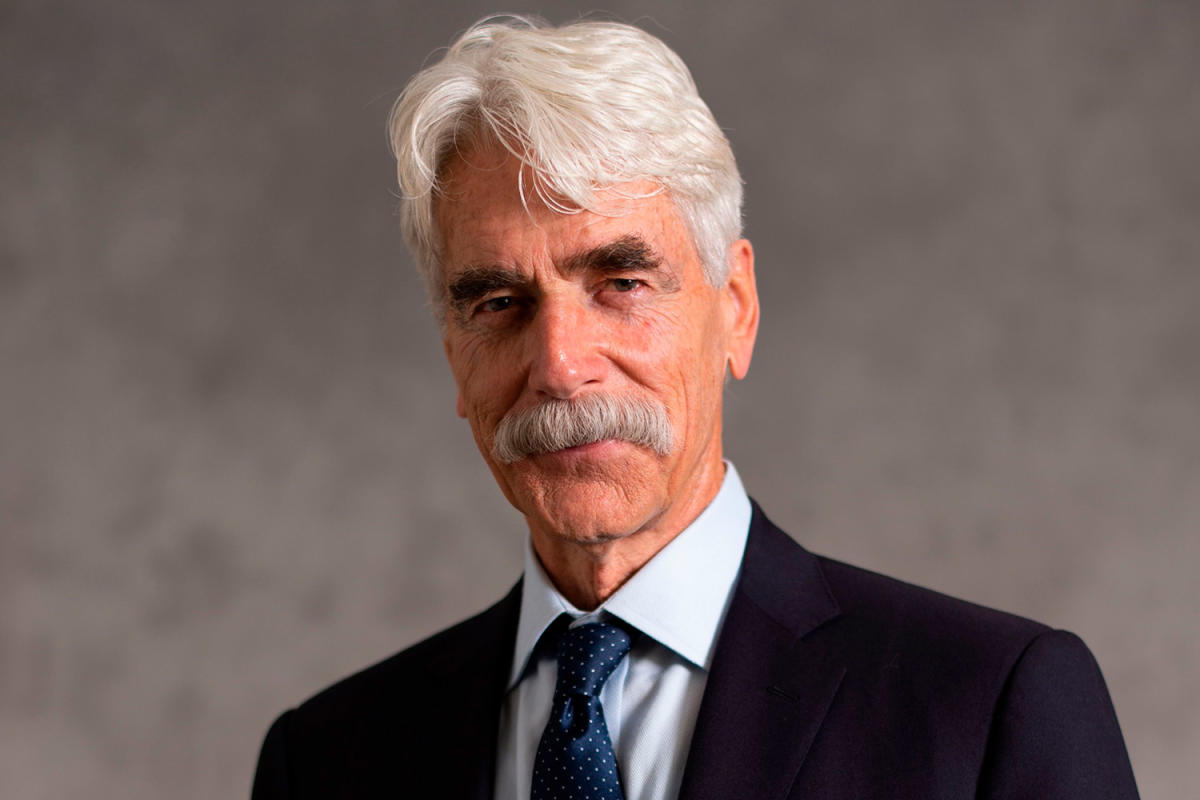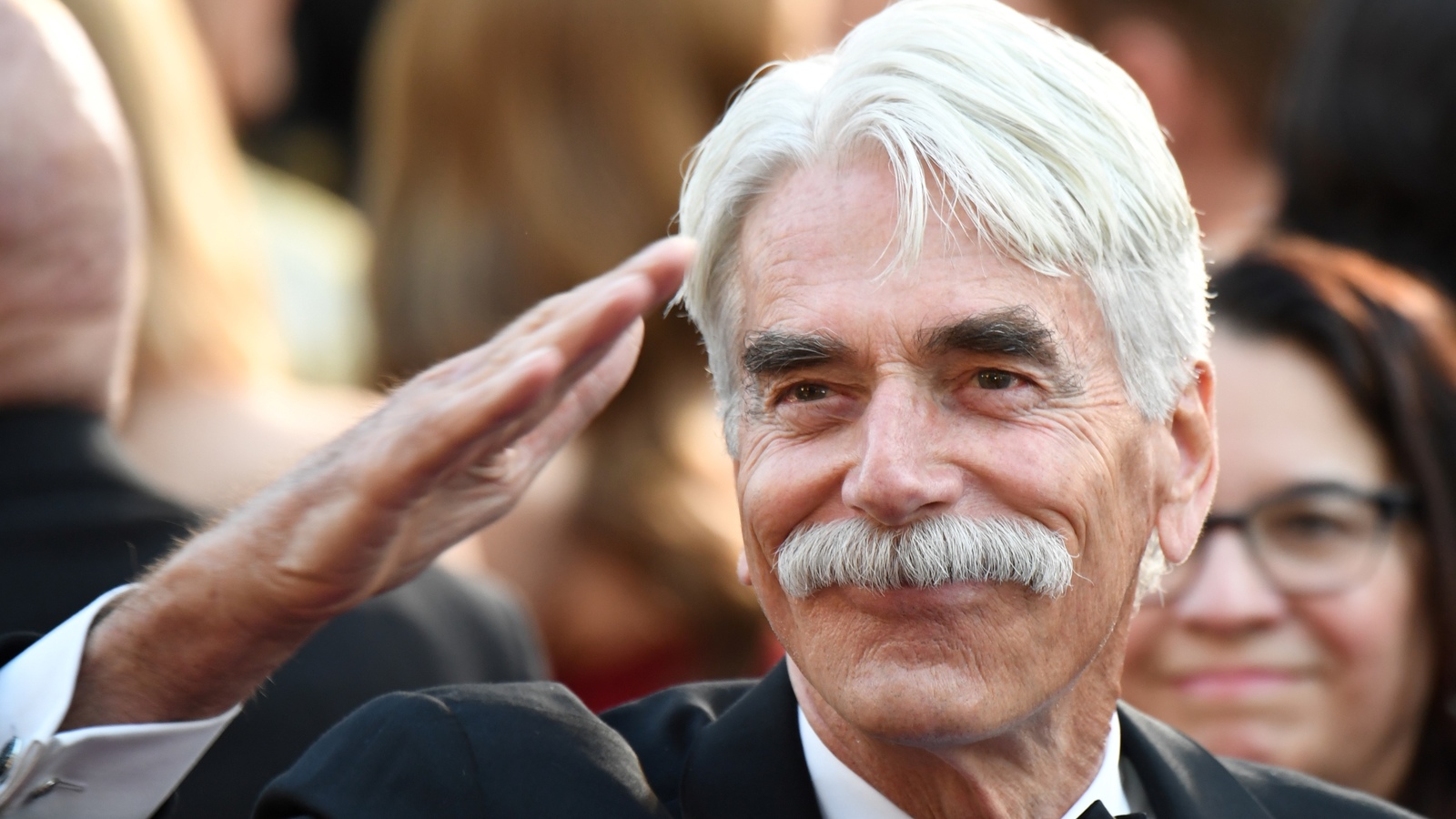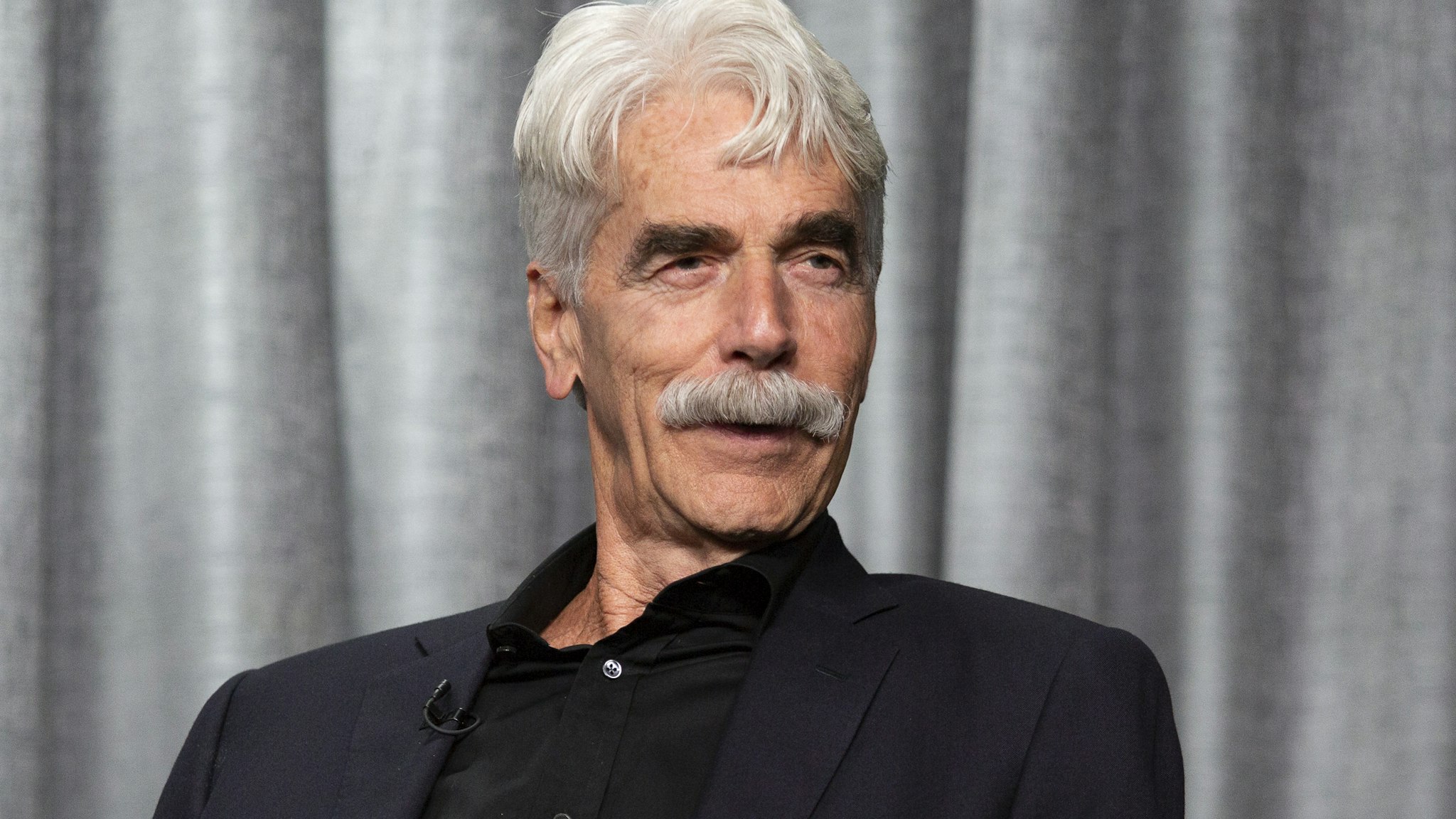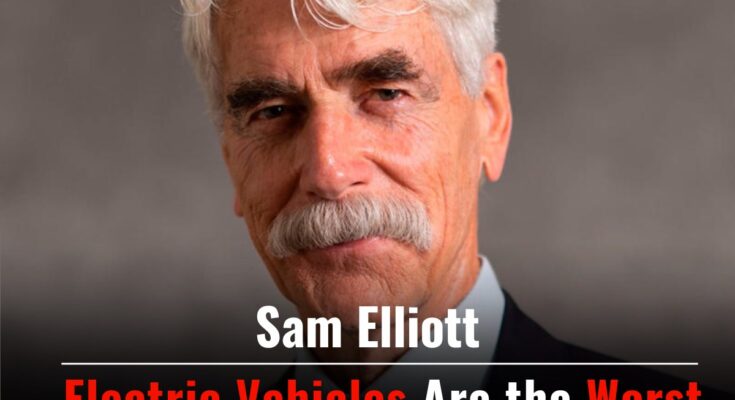In a provocative statement that has stirred considerable debate, actor Sam Elliott has labeled electric vehicles (EVs) as “the worst mistake in the history of the auto industry.” His remarks, made during a recent interview, have ignited a flurry of reactions from both supporters and critics of electric vehicles.

Elliott’s comments reflect a deep skepticism towards electric vehicles, which have been heralded by many as the future of sustainable transportation. He argues that the push towards EVs may be misguided and that the industry’s focus on electric technology might overshadow other critical considerations. According to Elliott, the push for EVs could be seen as a significant misstep in the auto industry’s history, potentially leading to unforeseen consequences.
Supporters of electric vehicles have been quick to counter Elliott’s claims, emphasizing the environmental benefits and advancements that EV technology represents. Electric vehicles are touted for their potential to reduce carbon emissions, lower dependence on fossil fuels, and offer innovative features that enhance the driving experience. Advocates argue that transitioning to EVs is a crucial step in combating climate change and promoting sustainable transportation solutions.

Critics of Elliott’s stance suggest that his views might be rooted in a misunderstanding of the broader goals of the electric vehicle movement. They argue that while there are challenges associated with EVs—such as battery production and infrastructure development—the overall benefits far outweigh the drawbacks. The push for electric vehicles is seen as a necessary evolution in the auto industry, aimed at addressing environmental concerns and advancing technological progress.
The debate over electric vehicles reflects a larger conversation about the future of transportation and the role of technology in shaping our world. While Elliott’s critique adds a controversial perspective to the discussion, it also highlights the ongoing debate about the best path forward for the auto industry and the planet.

As the conversation around electric vehicles continues, it is clear that the issue is complex and multifaceted. Sam Elliott’s comments serve as a reminder of the diverse opinions that exist about emerging technologies and their impact on society. Whether one agrees with Elliott or not, his remarks contribute to the broader dialogue about the future of transportation and the choices we make as a society.



